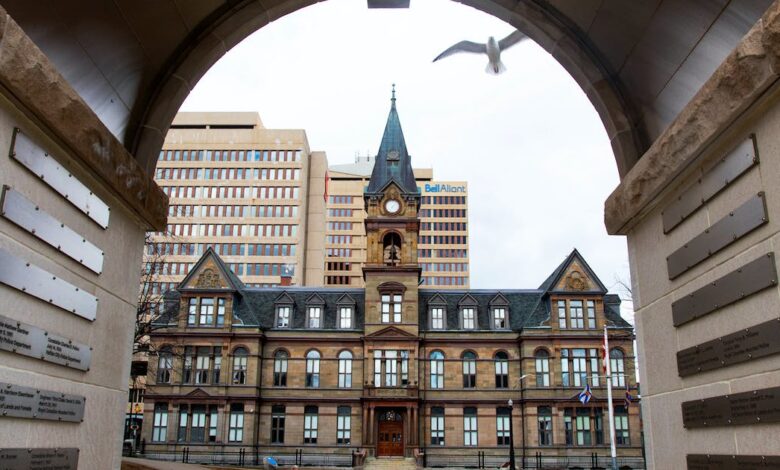Halifax council looking at Mi’kmaw seat, voting rights for permanent residents

HALIFAX, N.S. — Halifax regional council wants to look at adding a Mi’kmaw seat and the ability for permanent residents to vote for municipal leaders.
But first they need provincial permission.
At the weekly session on Tuesday, council voted to send a request to the province to make changes to the governing legislation that could allow HRM to make those changes.
These are two recommendations that came out of public consultations for the boundary review in advance of the Oct. 2024 municipal election.
Other ideas cover including other protected seats for African Nova Scotian and Francophonie representation, reducing the voting age to 16 years of age, using a ranked ballot or run-off ballot system. However, in last month, the Executive Committee voted to forward those two options to council for consideration.
The final decision on municipal districts and boundaries is up to the Nova Scotia Utility and Review Board. But if council wants to make changes, first the province would need to make amendments to the Municipal Government Act and the Municipal Elections Act.
In future, if council gets permission and decides to add a seat for a Mi’kmaw representative, it would be developed in consultation with Mi’kmaw leaders. This is something the province has experience with since the legislature technically has a designated seat reserved for a Mi’kmaw representative, but it has sat empty for more than 20 years.
While he supports a multitude of Mi’kmaw initiatives, Coun. Tony Mancini (Harbourview – Burnside – Dartmouth East) questioned why add a Mi’kmaw seat and but seats not for other groups like Acadian and African Nova Scotian communities.
Coun. Waye Mason (Halifax South Downtown) said this is a direct request from the Mi’kmaw community.
“They are the original people of this land and the treaties speak to a shared responsibility for this place and we don’t have those written obligations with other so-called special interest groups,” said Mason.
Another reason is the legislature has already set a precedent for a Mi’kmaw seat, he said.
According to 2021 population data, there are 16,615 Indigenous people in HRM and the number of Mi’kmaw people specifically is nearly 6,000, said Mason.
He said there’s a lot of work that needs to be done with the Mi’kmaw community to make a designated council seat successful “but I think we need to start that journey now.”
Permanent residents could boost turnout
Council tried in 2014 to get voting rights for permanent residents. Permanent residents are citizens from other countries who have met the residency requirements in Canada but need to wait at least three years to start on their application for citizenship.
The HRM was told in 2019 that the provincial government was not interested as it considered the ability to vote as inseparable from the ability to nominate candidates and run in elections.
Mancini said he fully supports permanent residents voting.
“You look at the consistently low voter turnout that we have — 30 per cent on average — of our residents that choose to go to a polling station on voting day.”
It’s different when talking about federal or provincial elections, but it works for municipal elections, Mancini said.
Voting is a privilege and so is being a citizen, said Coun. Trish Purdy (Cole Harbour – Westphal – Lake Loon – Cherry Brook).
“Permanent residents are still citizens of other countries and I just cannot reconcile giving the privilege of voting to someone who is a non-citizen of our amazing country,” she said.
Others have tried and failed
HRM is far from the only municipality to go down this road. In their report, HRM staff said Toronto, Vancouver, St. John, and Montreal have all made requests to extend voting rights to permanent residents but haven’t been successful in getting their provincial governments on board.
No jurisdictions in the country extend voting rights to non-citizens but it is being considered.
New Brunswick has been considering legislation on the matter since 2020 and they could have it in place in time for their municipal elections in 2026.
According to data from the 2021 Census, there are 39,625 non-citizens living in HRM, which has more than doubled (from 14,162) since 2014.



